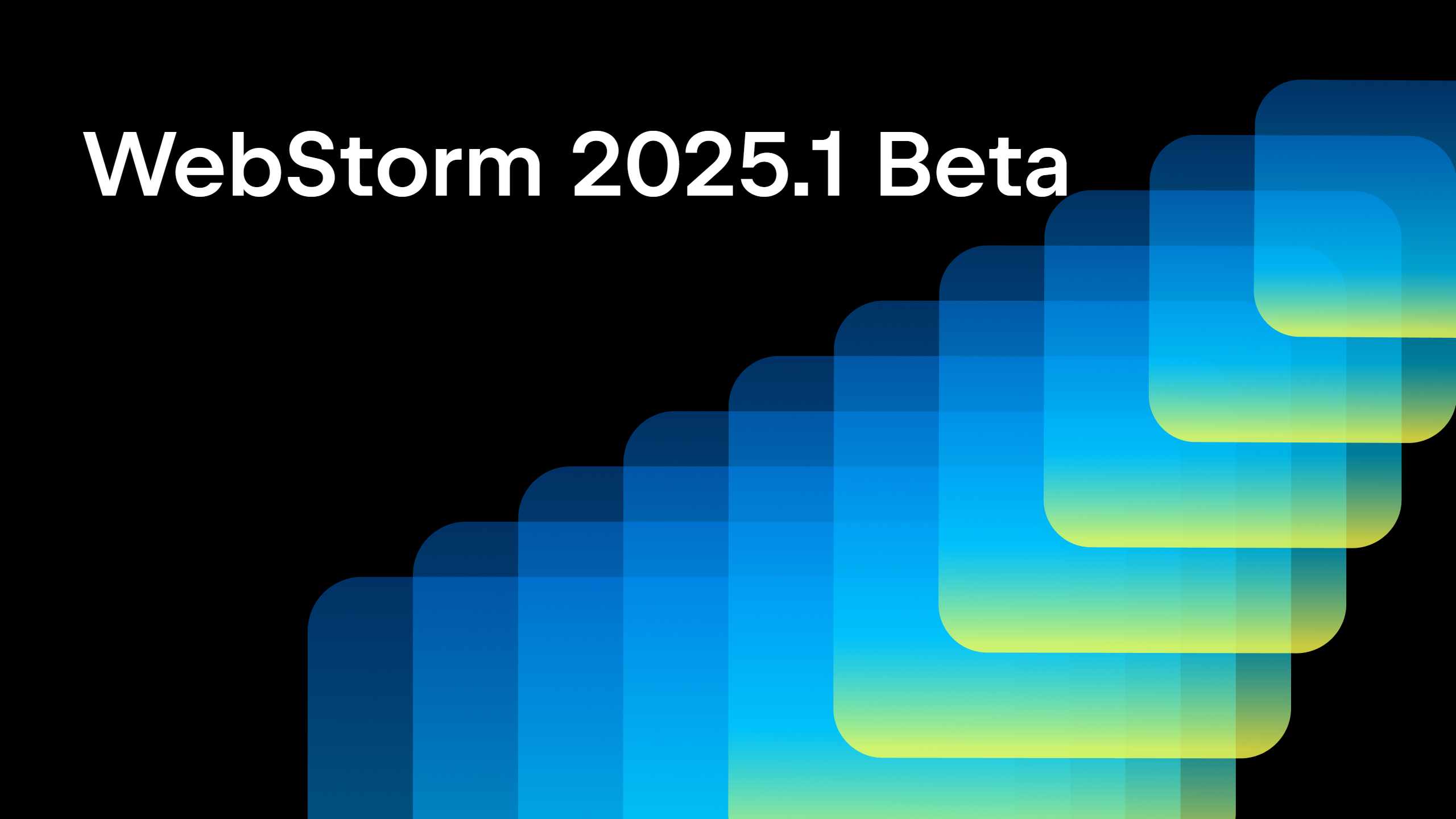Early Access Program

WebStorm 2023.2 Release Candidate Is Here
With the release date just around the corner, we’re happy to present the release candidate for WebStorm 2023.2. Unlike our previous EAP builds, you must have an active WebStorm license to use it. Otherwise, you’ll need to sign up for a 30-day free trial to install and run this build.

Let’s take a brief look at some of the most interesting improvements in v2023.2:
- Improved error formatting for TypeScript and JavaScript: We’ve been looking at improving how we present type errors in JavaScript and TypeScript. Your errors and warnings will now be formatted in a more readable way, making it easier to spot problems in your code. This works for all TypeScript errors and some of the most common JavaScript errors. It also works with localized errors!
- CSS nesting support: We’ve added support for the CSS nesting module feature. We’ve implemented syntax support and an inspection to check that the nested selector does not start with an identifier or functional notation.
- Vue Language Server support: We have some great news for Vue users! Vue Language Server (Volar) support has landed in WebStorm to provide more accurate error detection and better type information in the quick navigation and documentation popups.
- Vue enhancements: We’ve added support for the defineModel macro and the provide/inject mechanism.
- Better support for App Router in Next.js: The custom documentation from the TypeScript Language service plugin can now be viewed in WebStorm. We’ve also fixed the false-positive unused warnings in the app directory.
- New live templates for React hooks: We’ve added a new set of code snippets – or live templates as they are called in WebStorm – for React hooks.
- Svelte improvements: We’ve integrated the Svelte Language Server and also supported cases where path aliases are defined in the configuration files of the bundlers and not in tsconfig.json.
- New UI out of Beta: Based on your feedback, we’ve been further refining the new UI, which is now stable. The changes include improved main toolbar customization, colored project headers, the Light Theme with light header, a reworked hamburger menu, updated windows controls on macOS, and pinnable run configurations in the Run widget.
- GitLab integration: We’ve introduced initial integration with GitLab that will allow you to streamline your development workflow by working with the Merge Request functionality right from the IDE.
- Option to commit specific lines of code: We’ve added the ability to commit specific parts of code chunks selectively. To perform a partial commit, select the lines within a chunk and call Include Selected Lines into Commit from the context menu.
- New Docker features: You can now access and preview the contents of Docker image layers in the Services view. We’ve also introduced the ability to designate a run configuration as a Before launch task.
- New features for the HTTP Client: We’ve added several new features for the HTTP Client. This includes the ability to display previews of PDF and HTML files, support for JavaScript imports, and support for GraphQL and WebSocket.
- User experience improvements: We’ve added features to WebStorm to help improve its design and functionality. You’ll find Text search in Search Everywhere, File sorting by modification time in the Project view, plugin suggestions in the Settings, and single-click navigation between project directories.
- LSP support for plugin developers: We’ve introduced the LSP API for plugin developers who want to use a specific LSP server to add code assistance for technologies not yet natively supported in JetBrains IDEs.
To find out what else we’ve implemented in WebStorm 2023.2, check out our previous EAP blog posts.
Please report any issues to our issue tracker, and stay tuned for the upcoming release announcement.
The WebStorm team
Prev post WebStorm 2023.1.4 Is Now AvailableWebStorm 2023.2: Better Error Formatting, Enhancements for Vue, Preact, SolidJS, Angular and Svelte, GitLab Integration, and More Next post
Subscribe to WebStorm Blog updates




